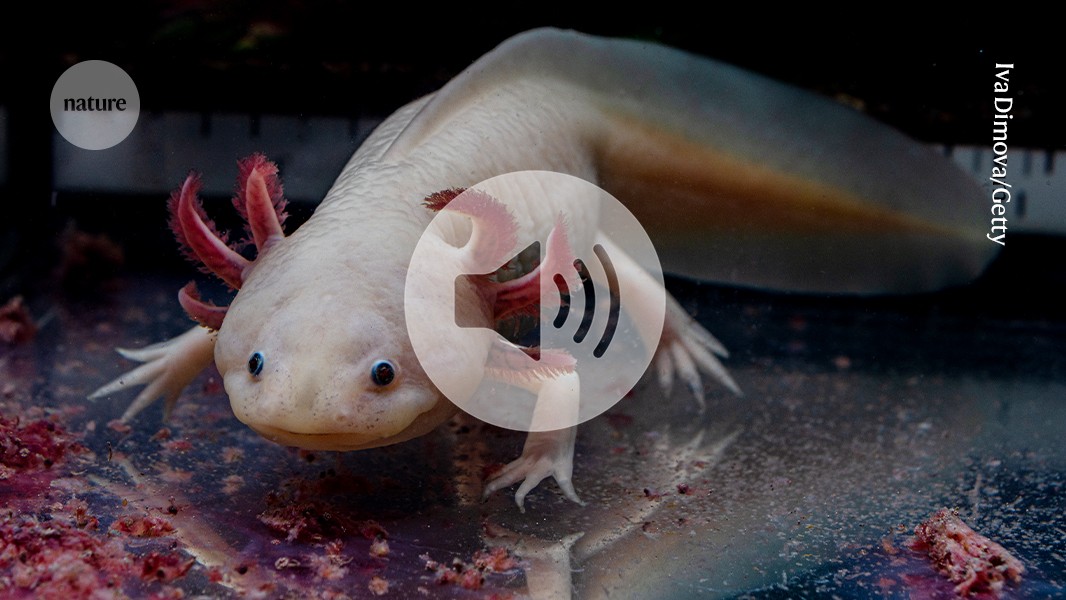
"Researchers have developed a soft electronic implant that can measure brain activity of amphibian embryos as they develop, overcoming damage from conventional probes."
"This innovative flexible mesh stretches with the brain, allowing monitoring of neural development in embryos, which is crucial for understanding neurological conditions."
"By integrating AI and mechanical techniques, restorations on damaged paintings can now be completed in hours, significantly speeding up what previously took months."
"A new university ranking system may help identify those that prioritize publishing metrics over scientific rigor, addressing concerns about the integrity of research."
The Nature Podcast highlights a novel flexible neural-implant designed for measuring brain activity in developing amphibian embryos like frogs and axolotls. This soft electronic mesh adapts to the brain's growth, mitigating damage associated with traditional rigid probes. Researchers emphasize that this technology could ultimately lead to advancements in treating neurological disorders. Additionally, an AI-driven restoration technique for damaged paintings is introduced, which allows for rapid repairs, drastically reducing the restoration time from months to hours, while also proposing a new university ranking system to ensure integrity in research practices.
Read at Nature
Unable to calculate read time
Collection
[
|
...
]